As Pope Francis visits Lesbos, refugee and displacement crises are not going to go away
April 15, 2016
Matthew Carter is CAFOD’s Humanitarian Director. On the eve of the Pope’s visit to Lesbos, Greece, he shares his concerns about the refugee agreement the EU recently signed with Turkey.
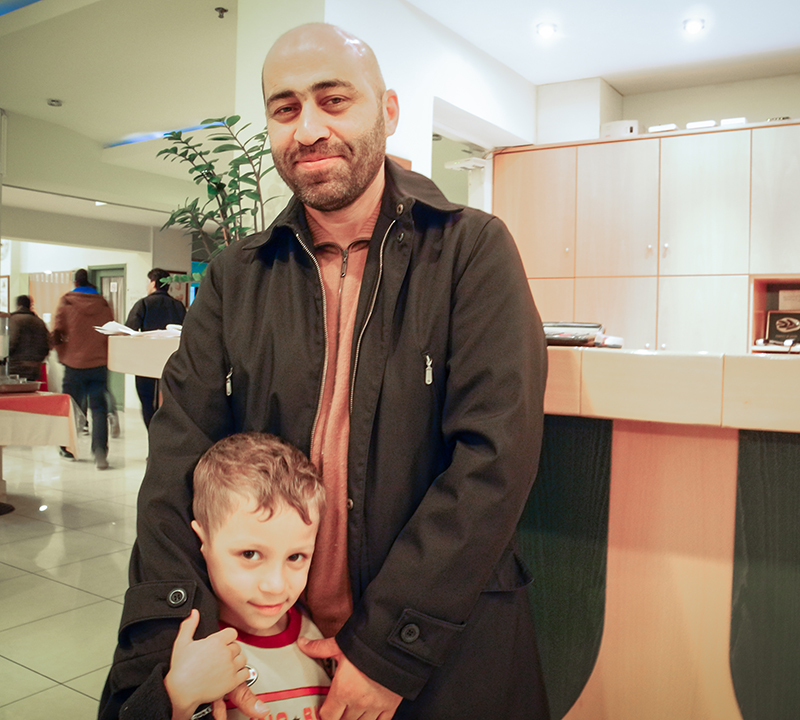
Waleed, his wife and 4-year-old son borrowed money to make the journey. The short sea crossing cost them $1,850 and they shared their journey with 70 other people. Half way through, the boat started to rock very dangerously in the sea. Everyone was crying. They were picked up by the Greek police who rescued them and took them to Lesbos where they were staying at the Caritas Greece run accommodation centre before continuing their onward journey to Western Europe.
This is Waleed’s story, but you will have seen, read and heard many just like his. In 2015, more than 850,000 people made the perilous journey across the water from Turkey to Greece. Waleed and thousands more were fleeing the brutal conflict in Syria. In the UK, images of dramatic boat rescues and life-jacket littered beaches filled our screens, accompanied by huge outpourings of compassion and generosity.
Please donate to our Refugee Crisis Appeal
But over the past few months we have seen attitudes harden and borders slam shut. Today, more than 51,000 people are stranded in Greece, staying in hastily built camps across the country, unable to continue their journey along the ‘Balkan route’. Over 13,000 refugees are stranded on the Greek-Macedonian border at Idomeni, living in dire conditions on a muddy wasteland, their route to northern Europe now closed.
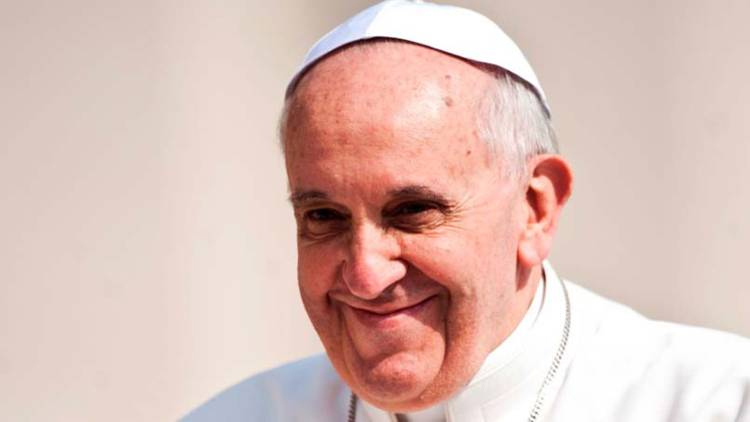 Pope Francis’ visit
Pope Francis’ visit
On Saturday 16 April, Pope Francis will travel to the Greek island of Lesbos. He will meet with refugees and migrants who have made the same treacherous sea journey as Waleed and his family.

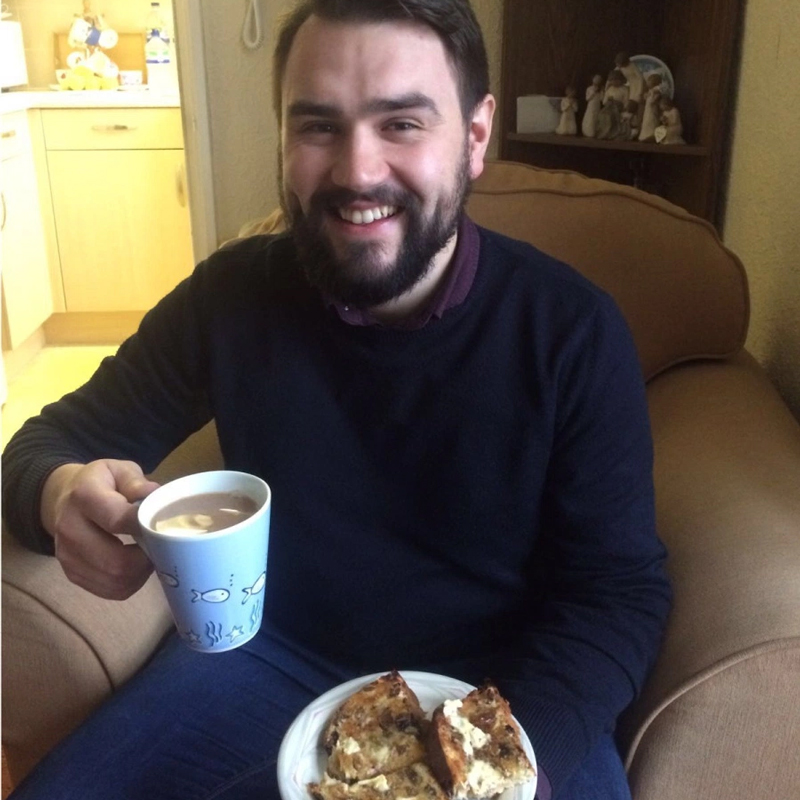
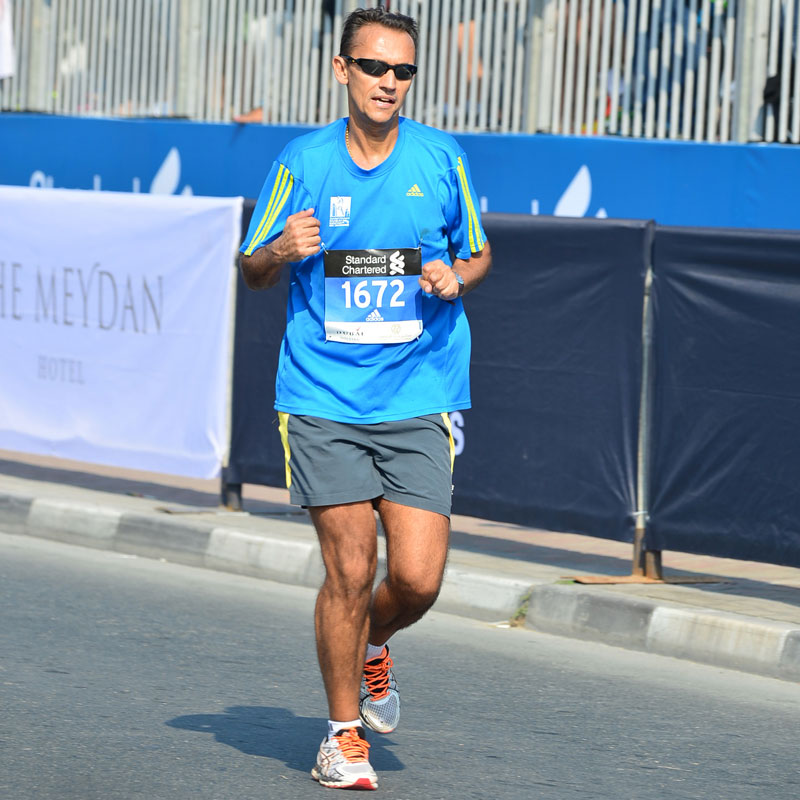


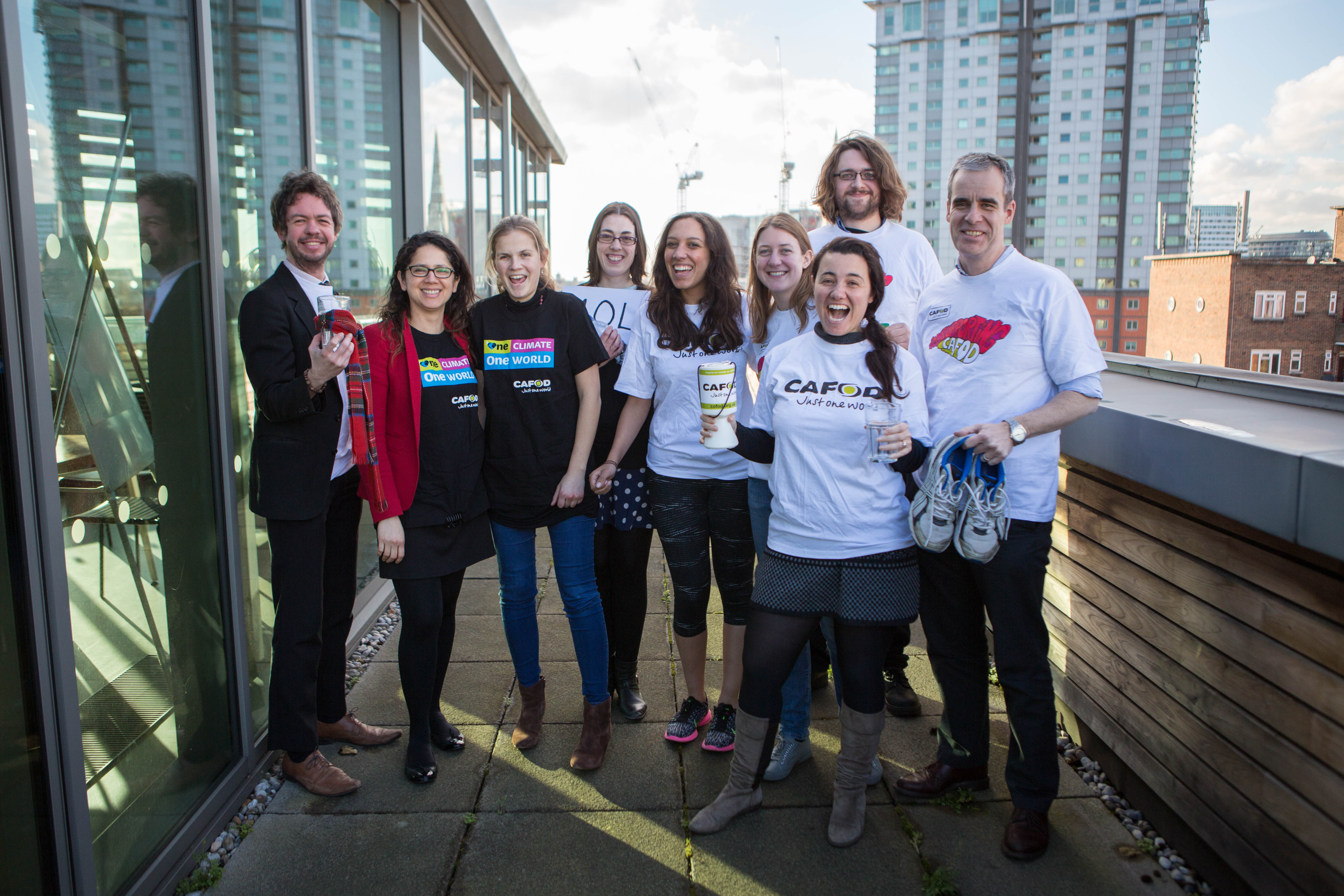
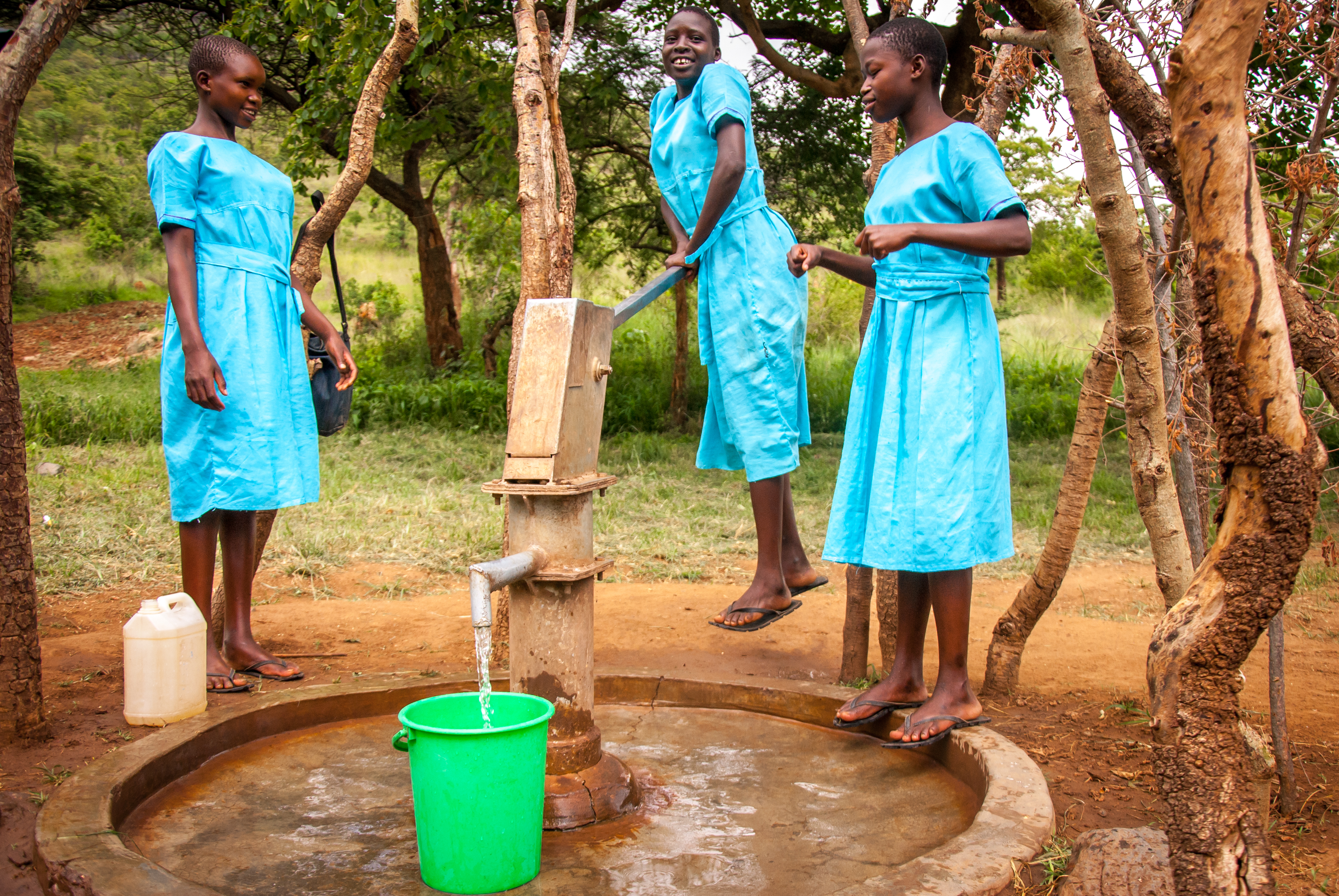
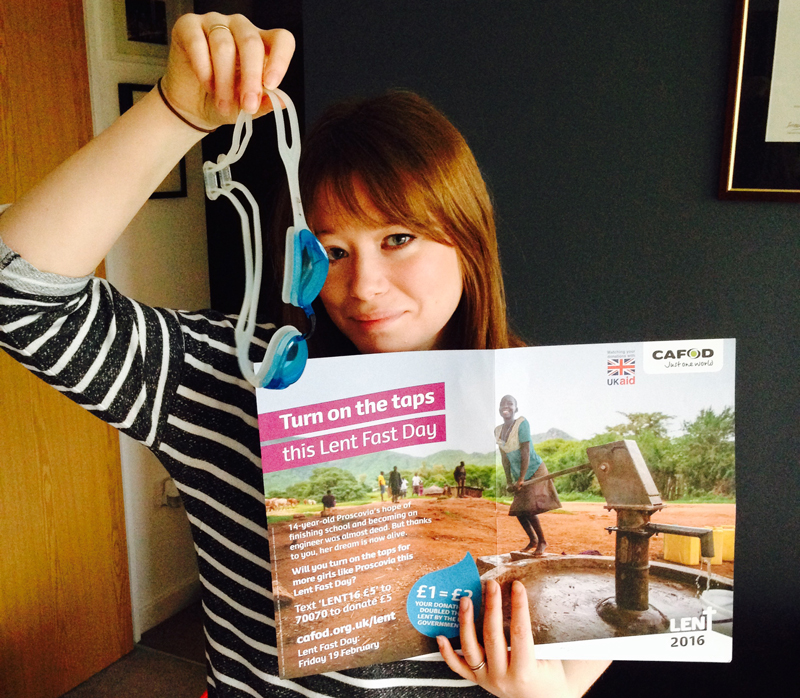
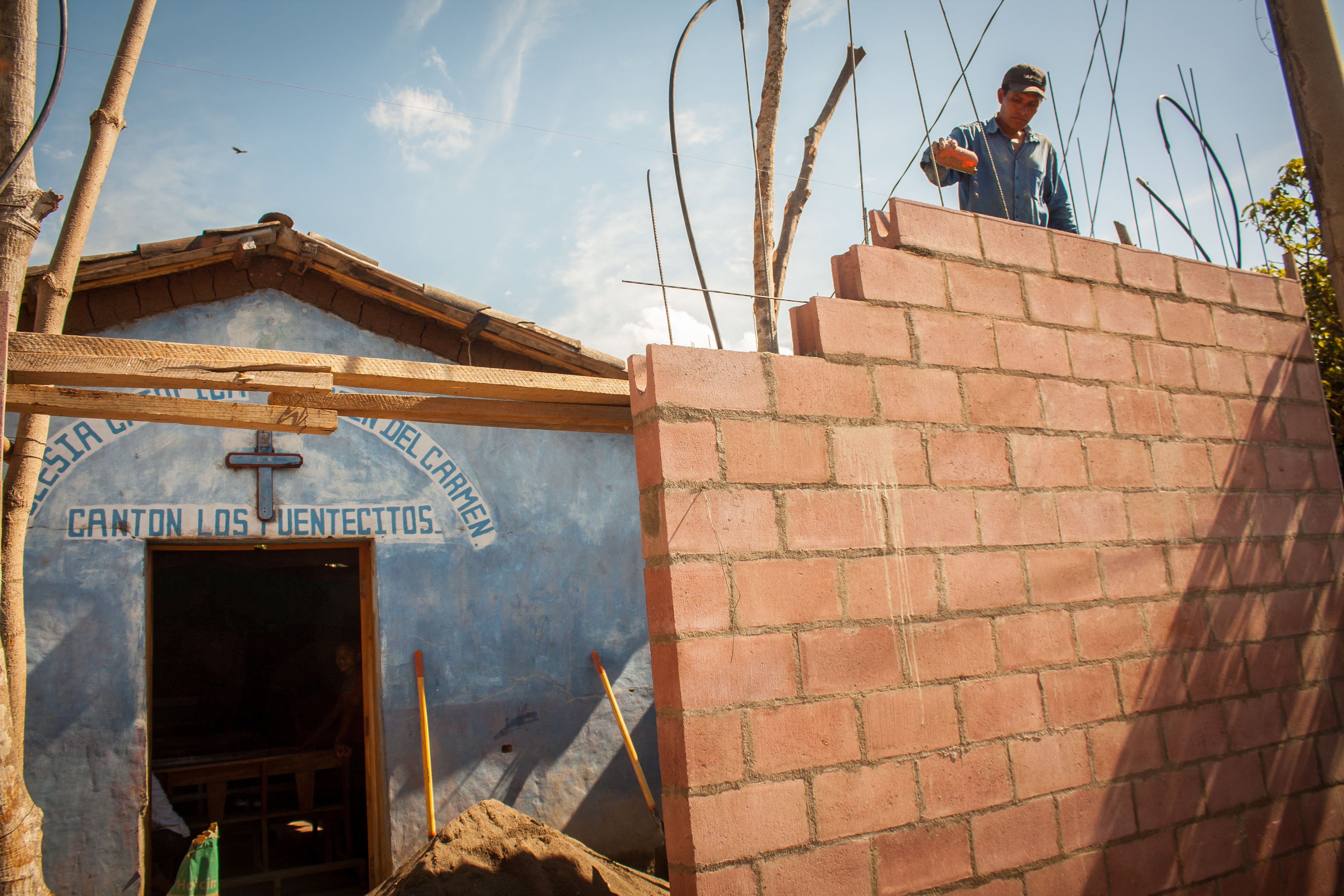
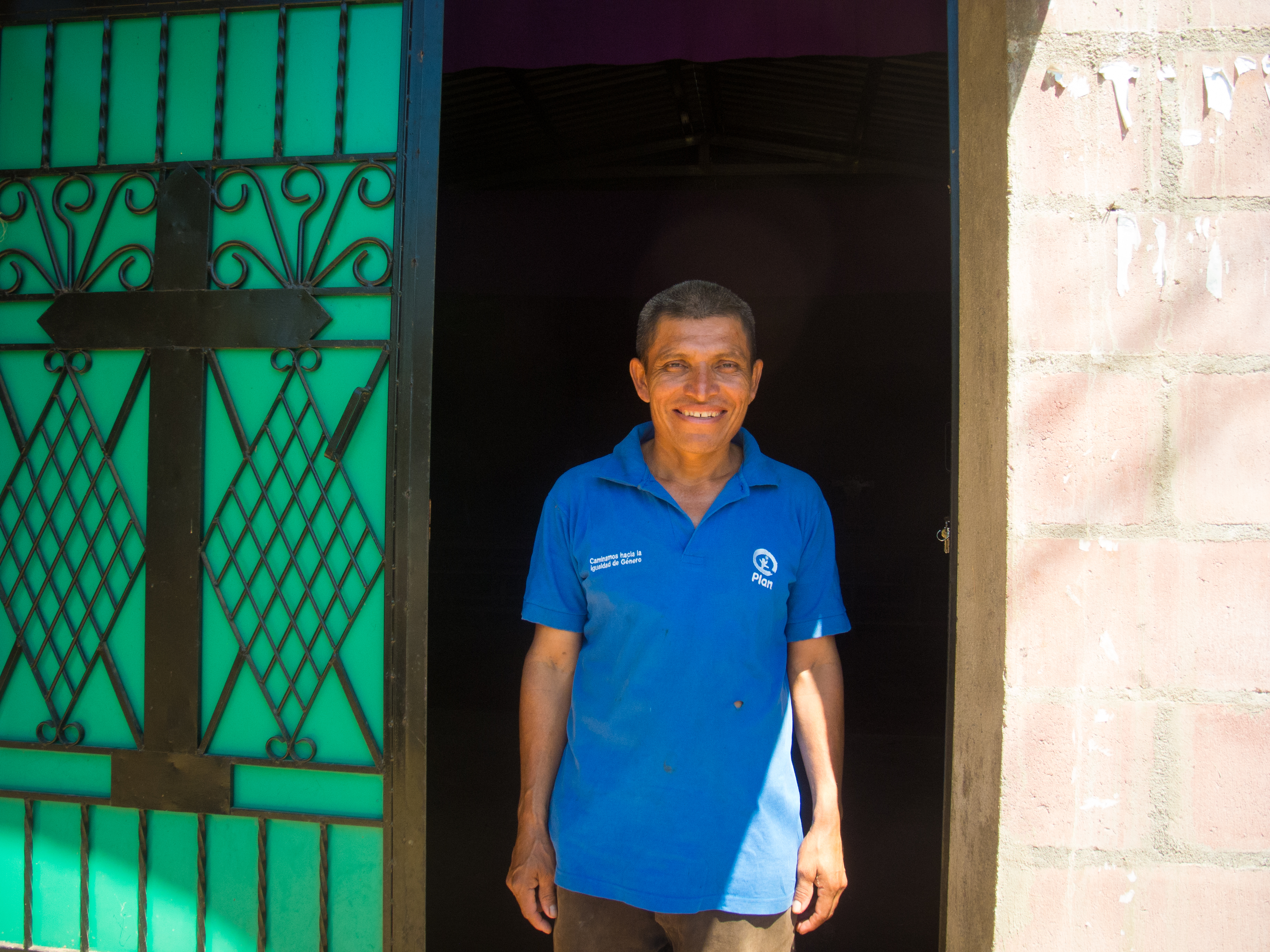
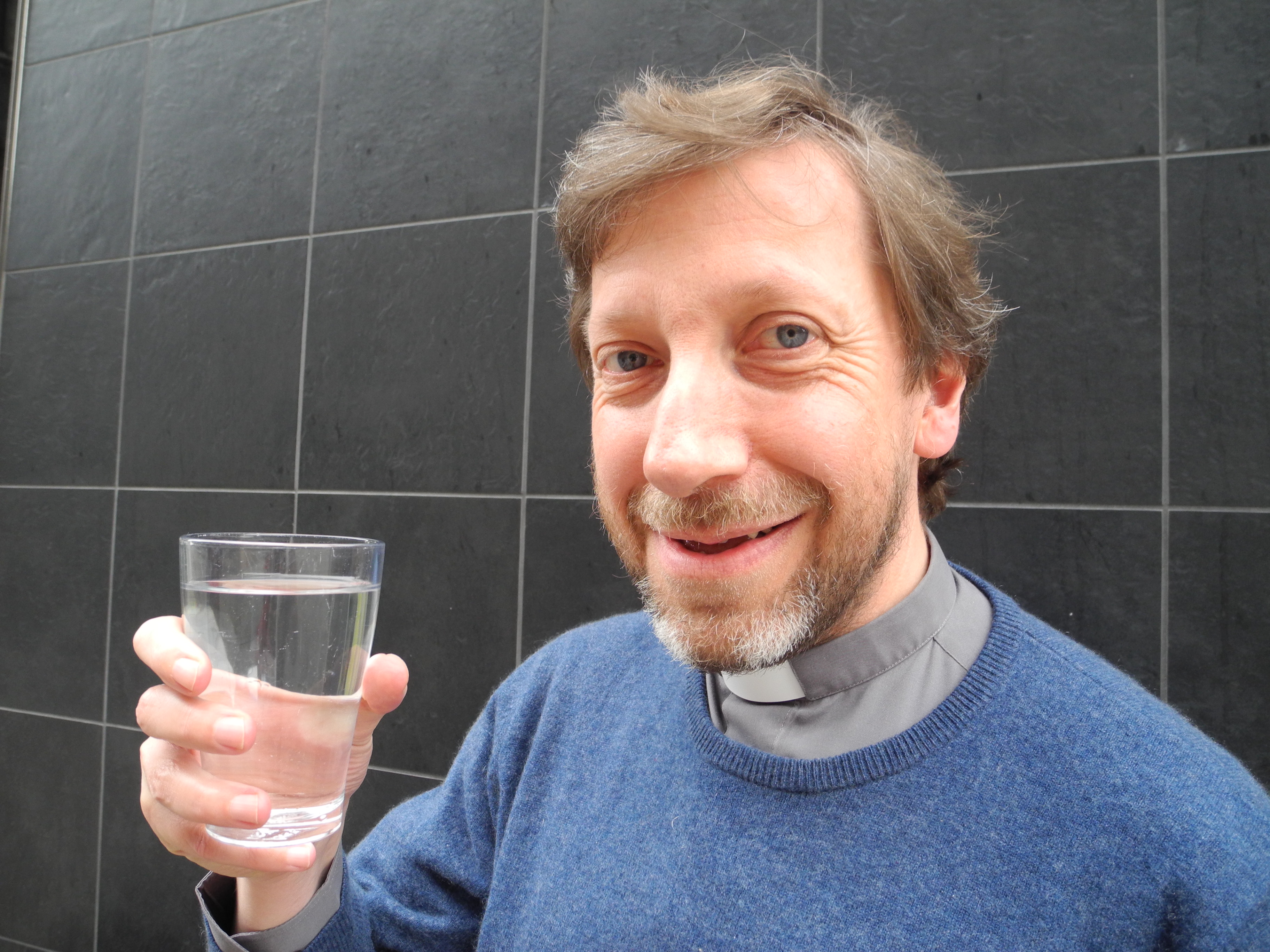 Father Rob Esdaile is parish priest of Our Lady of Lourdes, Thames Ditton, Surrey. For our Lent 2012 Appeal he raised over £2,000 by living on ten litres of water a day for a week. Here is his update on how the challenge went, and how the experience changed him.
Father Rob Esdaile is parish priest of Our Lady of Lourdes, Thames Ditton, Surrey. For our Lent 2012 Appeal he raised over £2,000 by living on ten litres of water a day for a week. Here is his update on how the challenge went, and how the experience changed him.